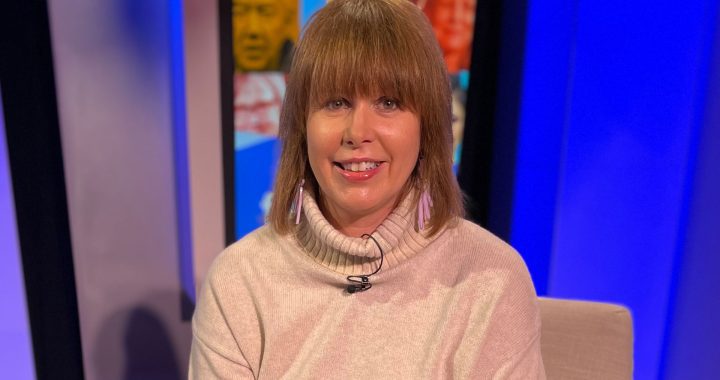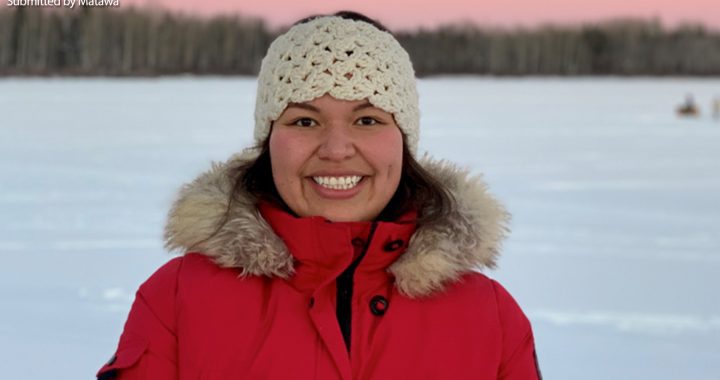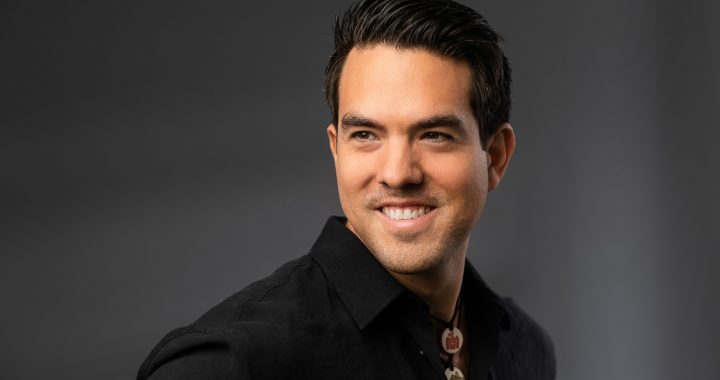Buildings and vehicles burned to the ground, fists thrown, flares fired, and property stolen.
Just some of the acts of violence captured on camera as the Sipekne’katik First Nation launched its modest livelihood fishery on Sept. 17.
Chief Mike Sack was not expecting any of it.
“We just thought we’d go down, exercise our right, have a little bit of backlash,” Sack told Face to Face Host Dennis Ward. “We thought our fight was going to be with the federal government.”
Some, including the leader of the federal NDP, have called the acts of non-Indigenous commercial fishers over the past few months, terrorism.
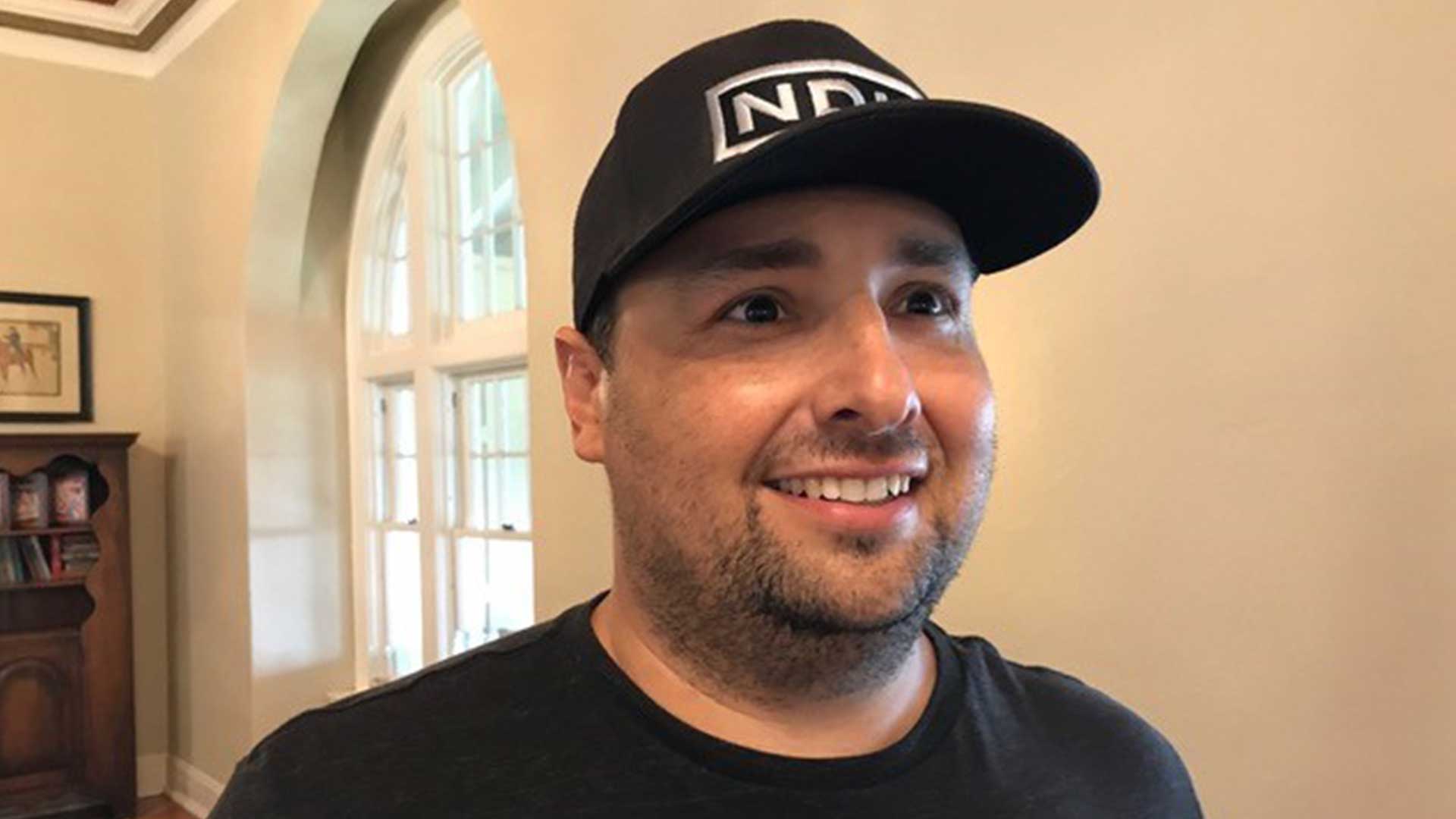
Sack says he sees it as a hate crime – individual acts directed at a Nation.
Those acts have trickled into everyday life, the things you don’t see on camera like the issues community members have when trying to fill their gas tanks or selling their catch.
Also caught on camera is video of RCMP officers seemingly standing by as events unfolded.
“That’s where a big frustration came from,” says Sack, “I’m very proud of my people. We were able to keep it calm and cool.
“The first couple of days there was hundreds of commercial boats in the area that were intimidating our people, circling them. That’s where the flares were fired.
“Then they went in to start hauling the gear. And the frustrating part for us, is they expressed they were going to take the law into their own hands, and they done that. And, as of yet, they haven’t been held accountable for that yet.”
Sack says his community doesn’t completely trust the RCMP, who brought in extra officers to keep an eye on the situation, yet.
Sack acknowledged there are more RCMP officers on the ground, but says his community wants more charges laid and believes hundreds of charges could be pressed against commercial fishers who oppose the Indigenous fishery.
Sack commended the officers on the ground and says his frustration is with those higher up the chain of command.
While he was unsure at first, the believes RCMP Commissioner Brenda Lucki should be removed from the post.
“You ask anyone in my community or any First Nations here: if the shoe was on the other foot there would’ve been a lot of police officers in the area and there’s nothing anyone could say that would make us feel different about that. I think, if that’s the one that dropped the ball, the Commissioner, then definitely they should be replaced.”
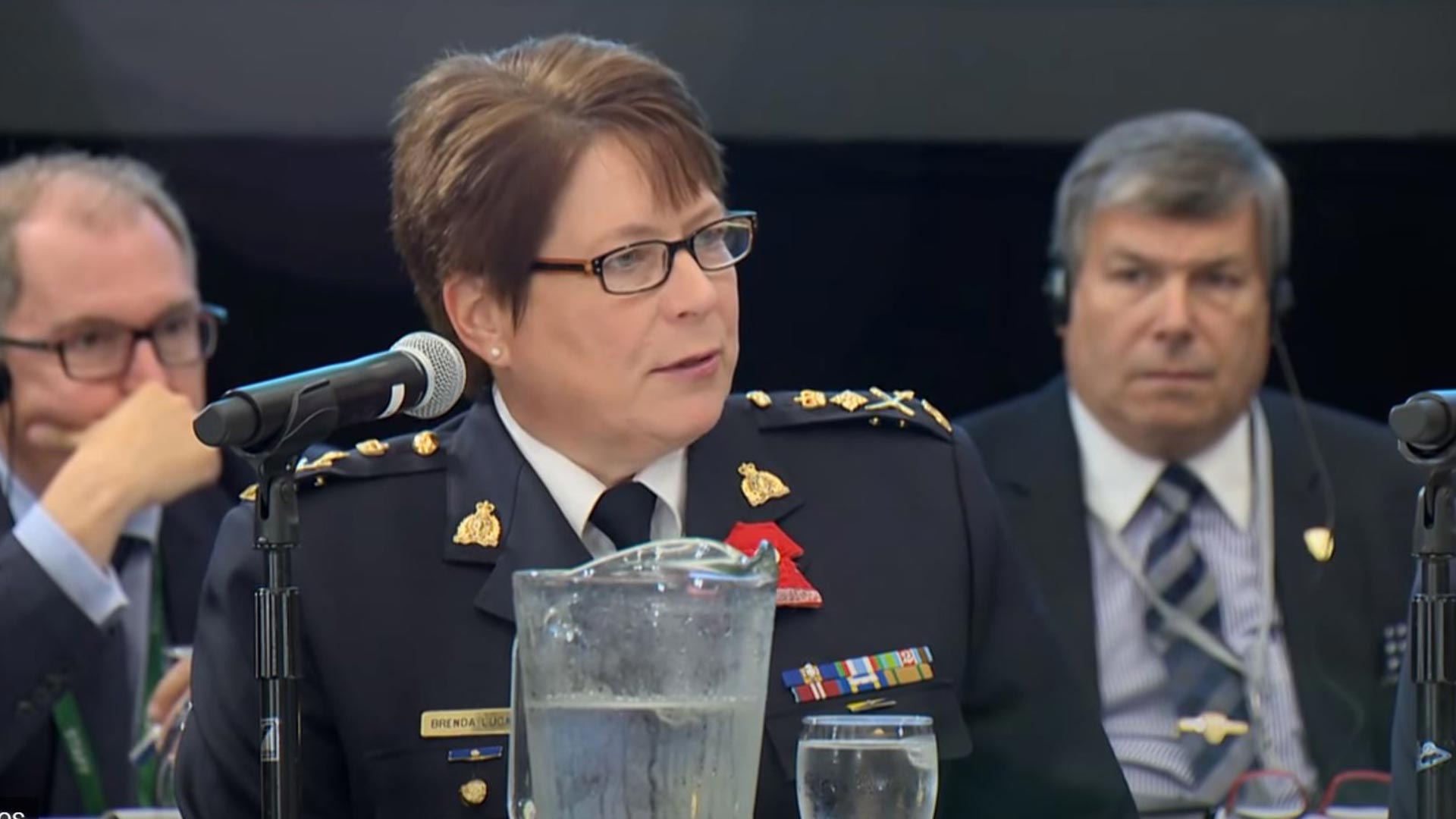
Sack believes if charges had been laid in the first place, things would not have escalated.
Tensions have calmed in recent weeks, which Sack attributed to the court injunction the Mi’kmaw secured in late October and not orders from the RCMP commissioner.
Sack, who was first elected Chief in 2016 and re-elected for a third term on Nov. 3, says his community is trying to determine for themselves exactly what a “moderate livelihood” is as outlined in the Marshall Decision and stalled negotiations with the federal government.
According to Sack, a captain who owns his own boat can take home about $600,000 a year, while a deckhand can earn between $60,000 and $80,000.
It’s an attractive income for a community with up to 14 people living in some homes and the need of 400 homes, just to meet capacity.
The Nation is also working with the Department of Fisheries and Oceans on a study to make sure the lobsters are safe and the stocks plentiful.
Sack says talks on the government side of things have been going well, but he is adamant things didn’t need to get to this point. The Marshall Decision would not have been needed if the government lived up to the Treaties, he adds.
Sack says the community is looking at taking this to the United Nations to hold the government accountable.
“We’re exploring all avenues,” he says. “We’re taking it on as a broader approach and we’ll take it as far as we have to go just to make sure our voice is heard.
“I don’t want to be fighting this right now but I’d rather do it than have my kids or grandkids down the road. So, if we can get this set. Like I said, there shouldn’t have even had to be a Marshall Decision. If the Treaties were honoured, we wouldn’t be here. Everybody would be used to it by now, there would be a much more broader knowledge of it and life would be easier.”








